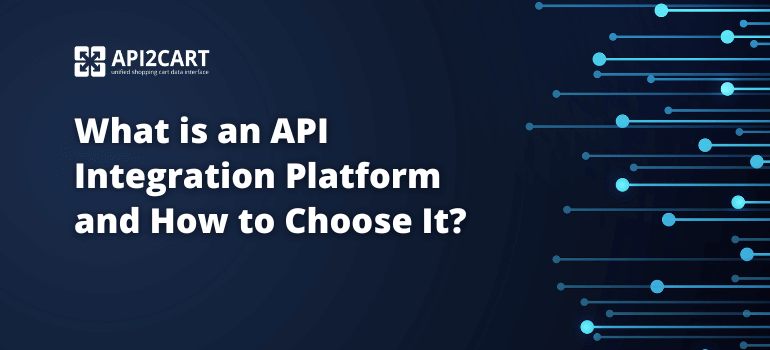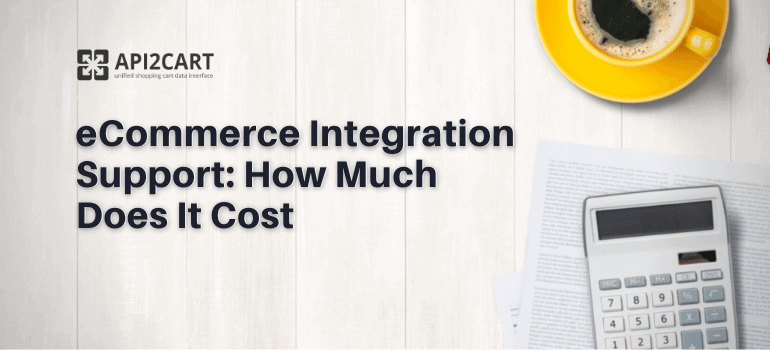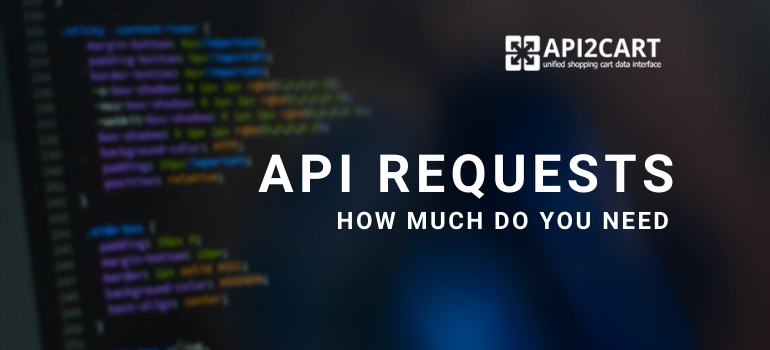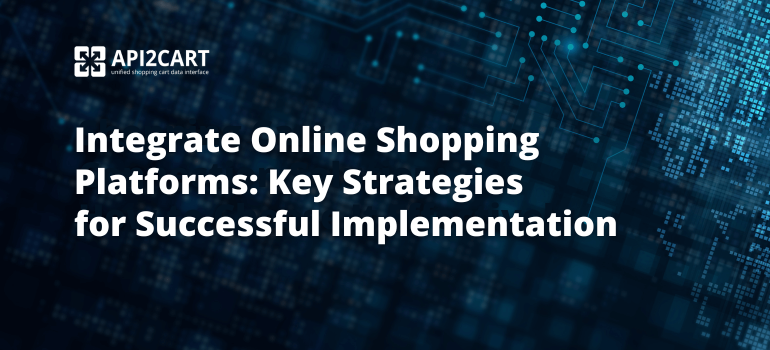
Integrating your eCommerce software with online shopping platforms is crucial to expand your software capabilities. Full integration with online shopping platforms such as Magento, Shopify, Amazon, Wix, Opencart, WooCommerce, and others can provide your software with the capabilities to manage products, monitor inventories, order processing, and provide better customer experiences in a more efficient manner. But getting to know the technical environment and selecting the right tools for integration can be daunting.
This article will help you understand the necessary steps and recommended practices to integrate online shopping platforms into your software and digital products to enhance the user experience of these platforms and keep your eCommerce software business relevant and dynamic.
The Meaning of Online Shopping Platforms
Online shopping platforms are eCommerce platforms and digital marketplaces that allow businesses to sell products and services to customers over the Internet. These are common platforms that enable the management of product catalogs, payments, deliveries, and customer relations, thereby easing the running of online businesses and shopping for customers.
Online shopping platforms provide APIs that developers work with to integrate their external systems, such as ERPs, marketing tools, and management systems. API integrations allow data transfer between the platform and third-party services without the need for intervention. Integration points are common, such as product and inventory management, order and shipping processing, customer data synchronization and payment gateways.
Popular Online Shopping Platforms with API Support
Before you start to integrate online shopping platforms with your software, it’s essential to understand which online shopping platforms offer robust APIs. Some popular platforms include:
- Shopify: An eCommerce platform with a flexible API for handling orders, products, customers, and various other related features.
- Amazon: Enables the developers to interface with the different Amazon eCommerce services that are about orders, inventory shipping or reports.
- Magento: It is a very flexible and fully integrated system for managing orders, customers, and products, based on REST and SOAP APIs.
- WooCommerce: An open-source platform, which implies that anyone who develops has the rights to the source code to the platform. It's also a plugin for WordPress with all the necessary tools for software developers.
- BigCommerce: This is an online shopping platform that has an API that can be easily extended with other features, such as the catalog and the customer account.
- Wix: Wix eCommerce is not a complex online shopping platform and it has many APIs, and provides developers with a simple drag-and-drop interface for developing and managing their software and digital products.
- OpenCart: An open-source eCommerce platform that provides solutions for building and developing eCommerce software. OpenCart has many features such as product, order, customer management, etc., which will be beneficial for all types of businesses.
- PrestaShop: An open-source platform with a rather flexible structure and some business requirements that can be developed with the help of modules by third-party services.
All of these online shopping platforms provide robust APIs that enable software developers to integrate, extend, and customize their eCommerce experience. It will enable developers to build and develop software and digital products, automate workflows, connect and integrate online shopping platforms with other systems and services.
Overview of Challenges Related to Online Shopping Platforms Integration Development
Integrating online shopping platforms such as Magento, Shopify, Amazon, OpenCart, and WooCommerce with eCommerce software comes with the following challenges. One of the challenges includes API complexities because each platform has its API structure, documentation, and frequencies of updates, among others, meaning that developers have to work with varying formats of data, data endpoints and different methods of authentication. This can lead to significant development time, especially when managing multiple platforms at the same time.
Another challenge is connected with the need to transfer and synchronize data between the systems, for example, orders, product inventories, and customer details. This leads to some incidents such as false increases in sales of a certain product, creating wrong records of the orders, inventory and customers who are not well attended to. Also, the expansion of the integration to accommodate greater numbers of transactions as a business expands can become problematic, and the error handling and monitoring needed to maintain availability and speed are often complex.
The last is data security, since customer and payment information is relayed between the apps, and other platforms requiring secure handling and storage solutions, and which have to be classified with laws such as GDPR.
How to Integrate Online Shopping Platforms with Your Software
It is critical to ensure that your software is compatible with online shopping platforms to provide the best and most efficient eCommerce experiences. If you are creating a new software application, an improvement of the existing one, the knowledge of how these online shopping platforms can be implemented will greatly improve the functionality of your project. Here is a list of useful tips as you can integrate online shopping platforms with your software:
- Understand the Basics of eCommerce Integration: It is crucial to define the basics before going into the details of integration. An eСommerce integration simply connects your software with an online shopping platform, such as Shopify, WooCommerce or Magento for product listings, payment processing, inventory control, and shipping logistics efficiently. This can result in increased operational effectiveness and enhanced user satisfaction.
- Choose the Right Online Shopping Platform: It is important to provide a distinction between the different types of online shopping platforms as a result. Therefore, you will have to find out which of the online shopping platforms will be most appropriate for your software projects and digital products. It is imperative to find out which of online shopping platforms are most likely to reach your target audience. Some online shopping platforms are well documented and have better API interconnect than the others, and therefore are easier to connect to them.
-
Get Familiar with API Documentation: Almost every online shopping platform provides detailed API documentation that helps developers understand how to integrate and use their services. Familiarizing yourself with these resources is critical:
- Find out the current endpoints of product, order, customer, payment, shipping and inventory;
- It is also important to tackle the issues to do with the authorization of the API requests (OAuth, API keys and so on);
- Find out what information is going to be asked for in the requests and what kind of answer will be provided in return.
-
Use SDKs and Libraries: Almost all the online shopping platforms offer Software Development Kits (SDKs) and libraries that can be used for easy integration. Utilizing these tools software developers can save time and effort by:
- To simplify the implementation of the process, there are ready-made functions for working with the API;
- Guiding on how one can be able to harness all the different features of their program through an example of different codes;
- Decreasing chances of having to debug the code that has been written.
It is also recommended that one should open the platform and check whether there are new SDKs or third party libraries available for the above mentioned purpose or not.
-
Implement Webhooks for Real-Time Updates: Webhooks are particularly useful in getting information from online shopping platforms on various events that happen in these platforms including orders processing, inventory management and customer details. Webhooks help to provide a near-instantaneous response to changes and ensure the data within your application is up to date:
- Define the events you want to subscribe to should be chosen;
- You should also incorporate web hooks in your software to allow it to capture webhook notifications then process the received data.
-
Test Your Integration with Online Shopping Platforms Thoroughly: It's very important to do this to make sure your integration is OK. Here are some testing strategies:
- Unit Testing: When testing your integration, use unit tests to test each of the sub-tasks to ensure that the integration works as expected;
- Integration Testing: Conduct a system test to confirm that all elements of the system are fully operational;
- User Acceptance Testing (UAT): It is up to the end-users or the interested stakeholders to use the integration and make sure that it is satisfactory.
-
Monitor and Optimize Performance: It will be useful to focus on the integration with the online shopping platforms once the latter is introduced. To assess the performance of the system, it is possible to identify the reaction time of the system to a specific event, followed by calculating the total number of misinformation, and work efficiency.
- Use logging: There has to be logging done in this integration whether there is an error that occurs in the process;
- Optimize as needed: Thus, from the information gathered it can be suggested the strategies to enhance the efficiency of the system as well as the satisfaction level of the users;
An important thing to know when you integrate online shopping platforms with your software is that the process is quite complicated and time consuming. Since eCommerce is still a relatively young and constantly growing industry, integration skills will help software developers succeed in the constantly changing eCommerce environment.
Choosing the Right Solution for Seamless Integration
Compatibility with other online shopping platforms is essential for developers who want to design stable, effective, and easy-to-use eCommerce software. Regardless of whether you are building a simple software application or a complex system, the flexibility to connect different tools, APIs, and services can significantly affect the development process and the product itself. But with so many integration solutions out there, how does one know which one to choose? One such right solution is to integrate your software with API2Cart.
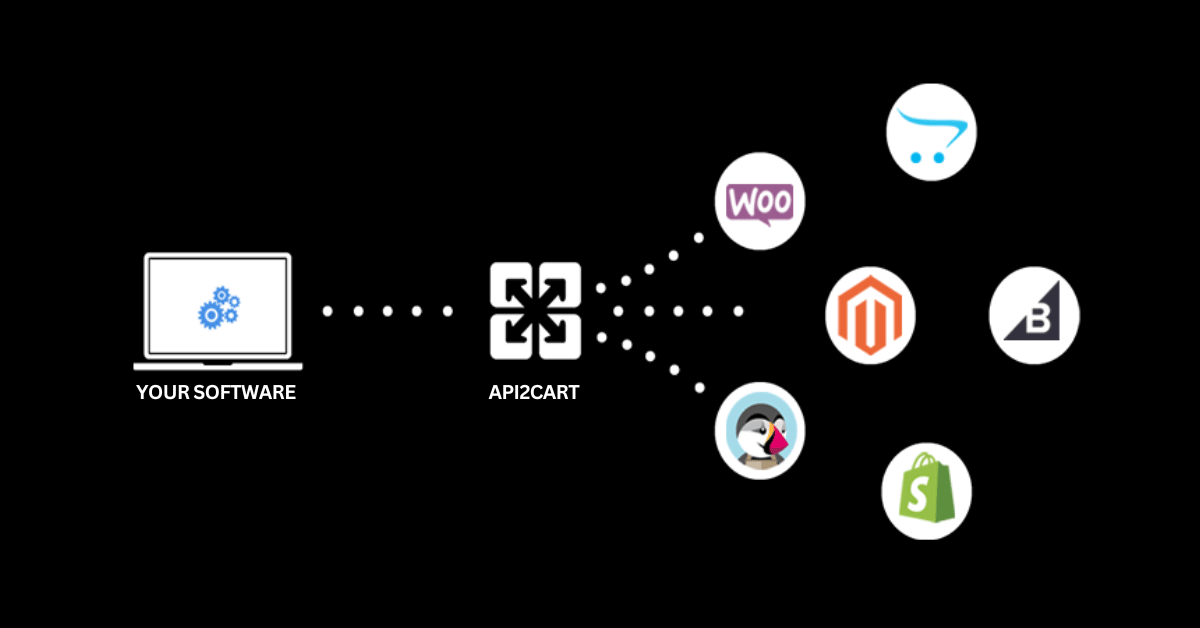
API2Cart is a service that enables getting connected with 60+ online shopping platforms. It offers a single API through which you can integrate online shopping platforms that are popular in Europe with your software. Some of the popular online shopping platforms are Magento, BigCommerce, PrestaShop, WooCommerce, OpenCart, OsCommerce, Shopify, and others.
Therefore, it is possible to calculate one integration instead of many and receive data located on any of these platforms. It includes the management of information on products, orders, shipments, customers, baskets and other matters. Furthermore, you will not have to worry about the integration support and maintenance of the online shopping platform, as API2Cart does.
API2Cart provides 100+ API methods. Their usages allow you to create, read, update, and delete data related to orders, customers, products, shipments, etc.
For more information about API2Cart, you can set up a meeting with a representative of our company or discover how API2Cart works for your business by creating an account with the help of our managers. Feel free to ask any questions and we will gladly assist you at any time.
Conclusion
When you want to integrate online shopping platforms with your software, it's important to know that there are a number of eCommerce platforms available for your B2B software. That is why it is advisable to focus on the popular platforms such as Shopify, WooCommerce, Magento, OpenCart, and PrestaShop to enhance the possibility of the software to be more attractive to more users. However, it should be emphasized that integration with these platforms can be a complex technical process that can also require significant development time. A successful integration with online shopping platforms will help you to reach out to more customers and at the same offer services to clients in a more efficient manner.
You can integrate online shopping platforms with your software through API2Cart. This means that software developers and vendors can get many benefits during integration of their software with the capabilities for product management, shipping and inventory monitoring, order processing, and a better customer experience.
